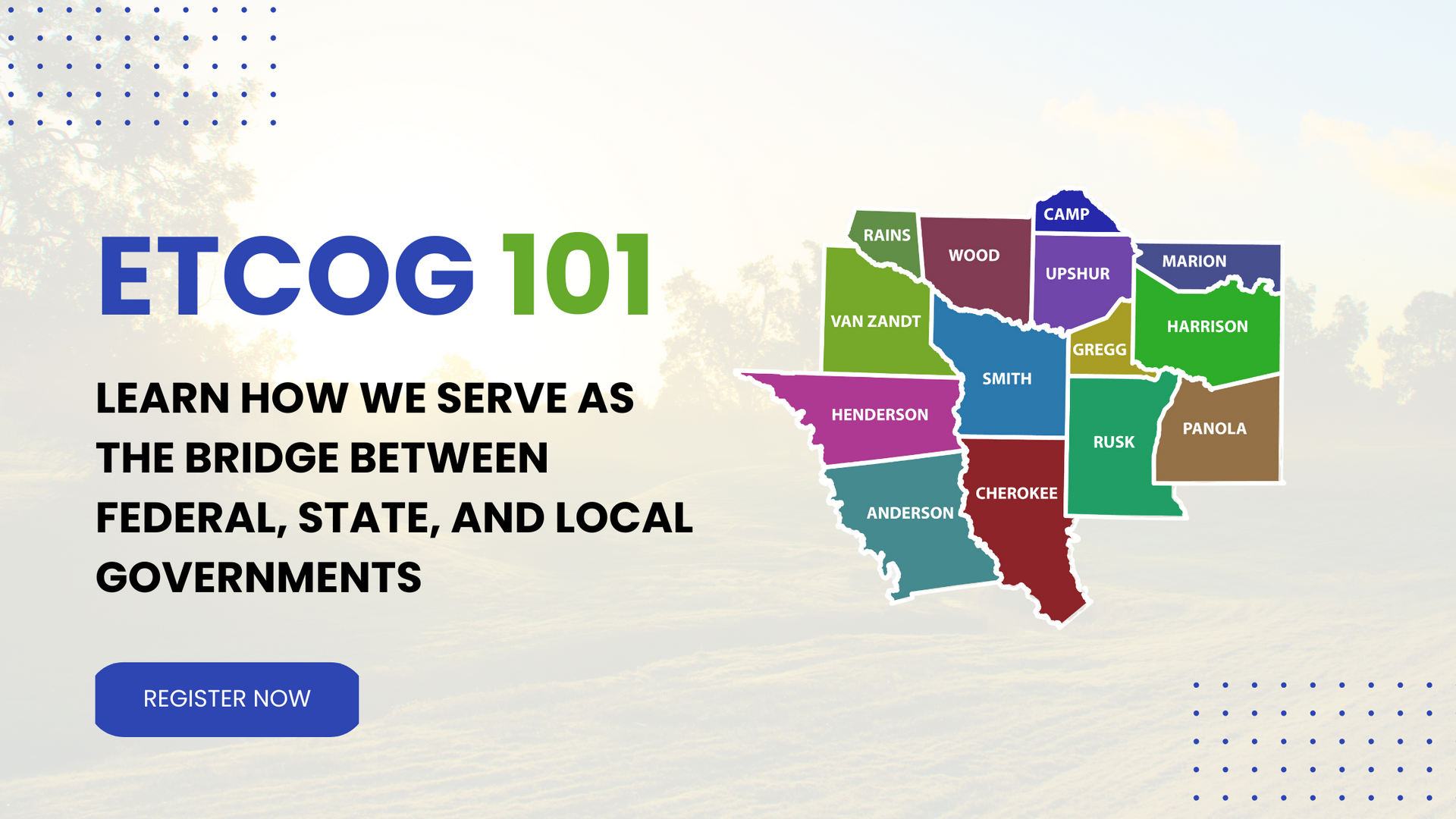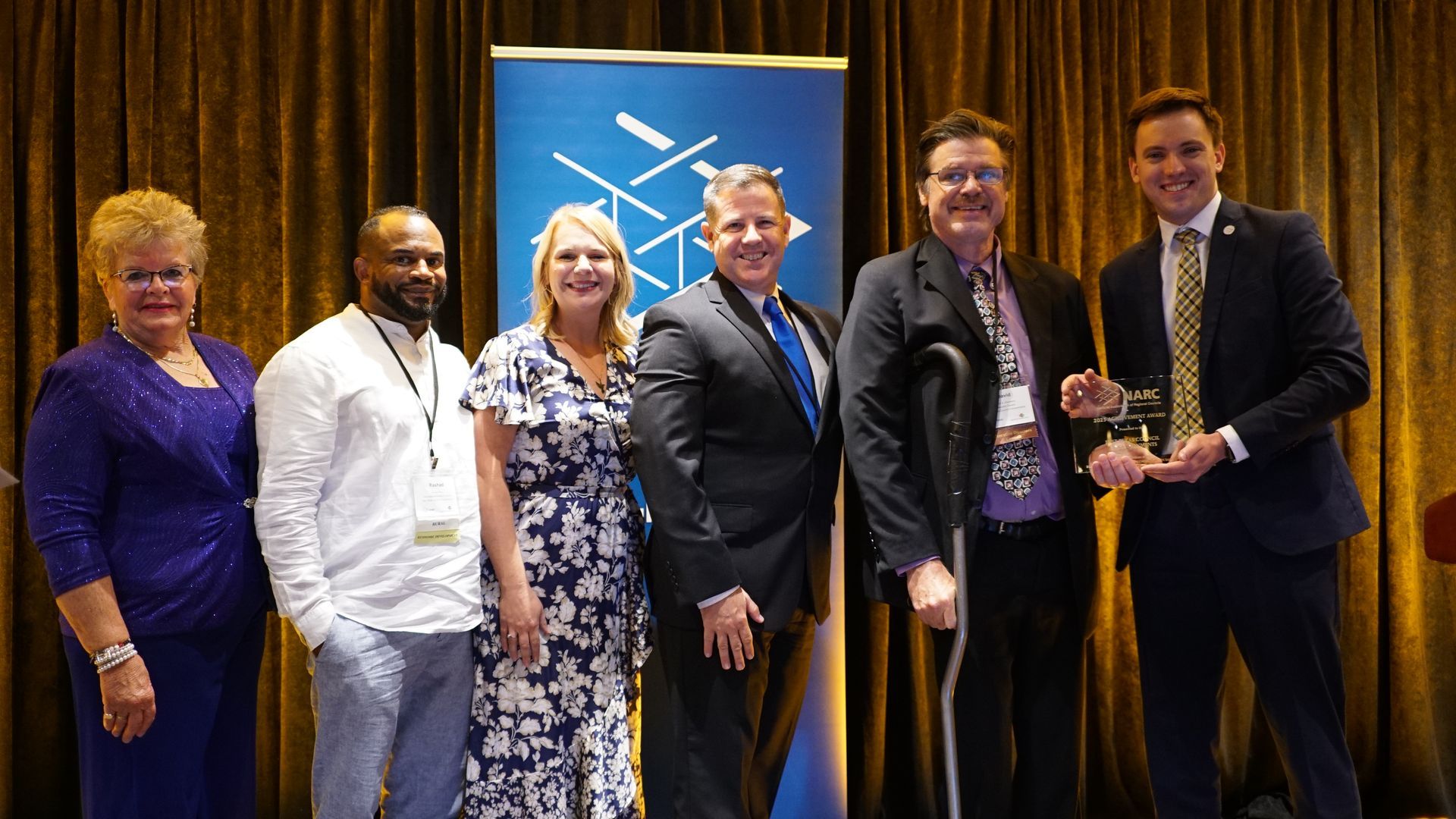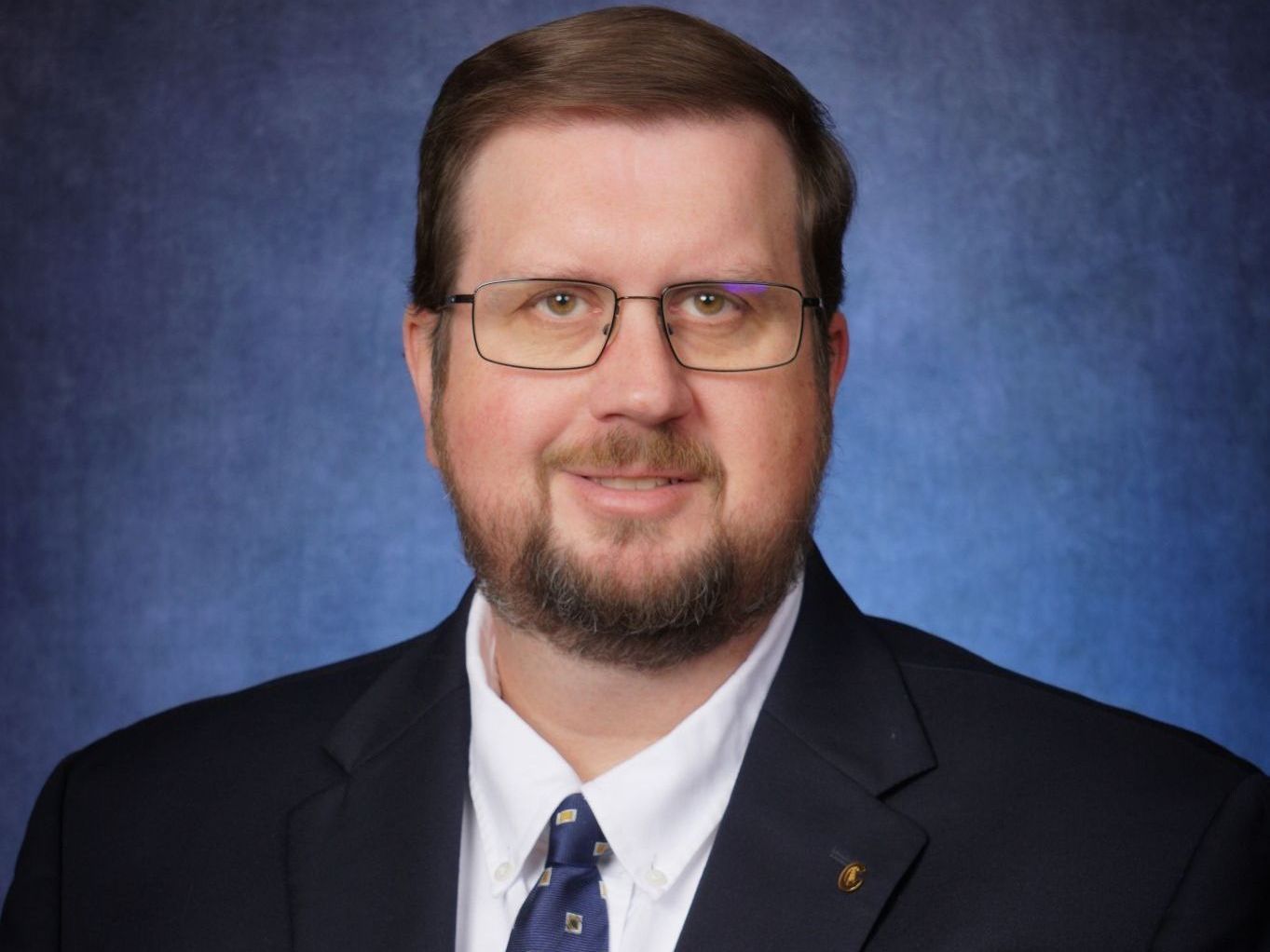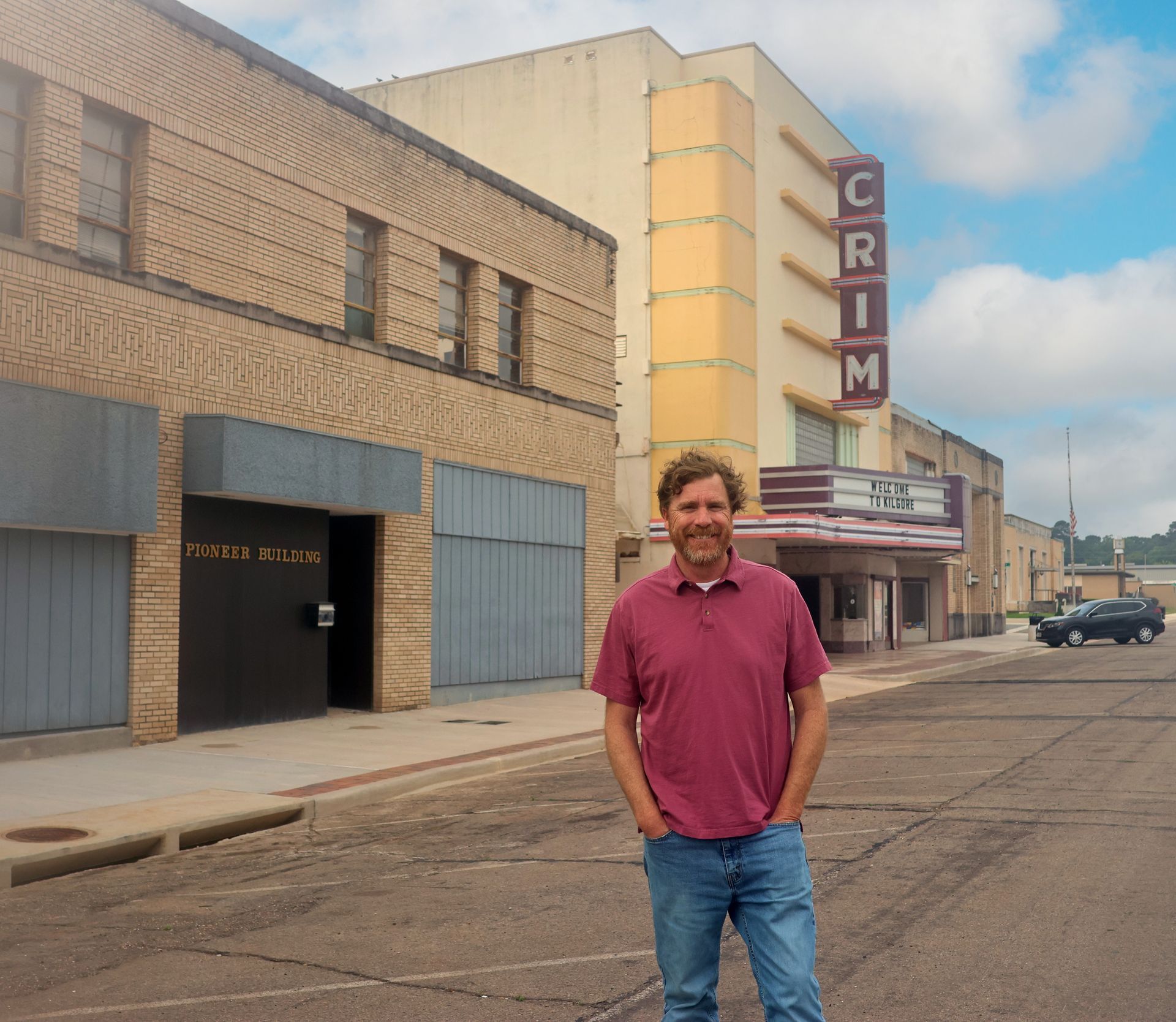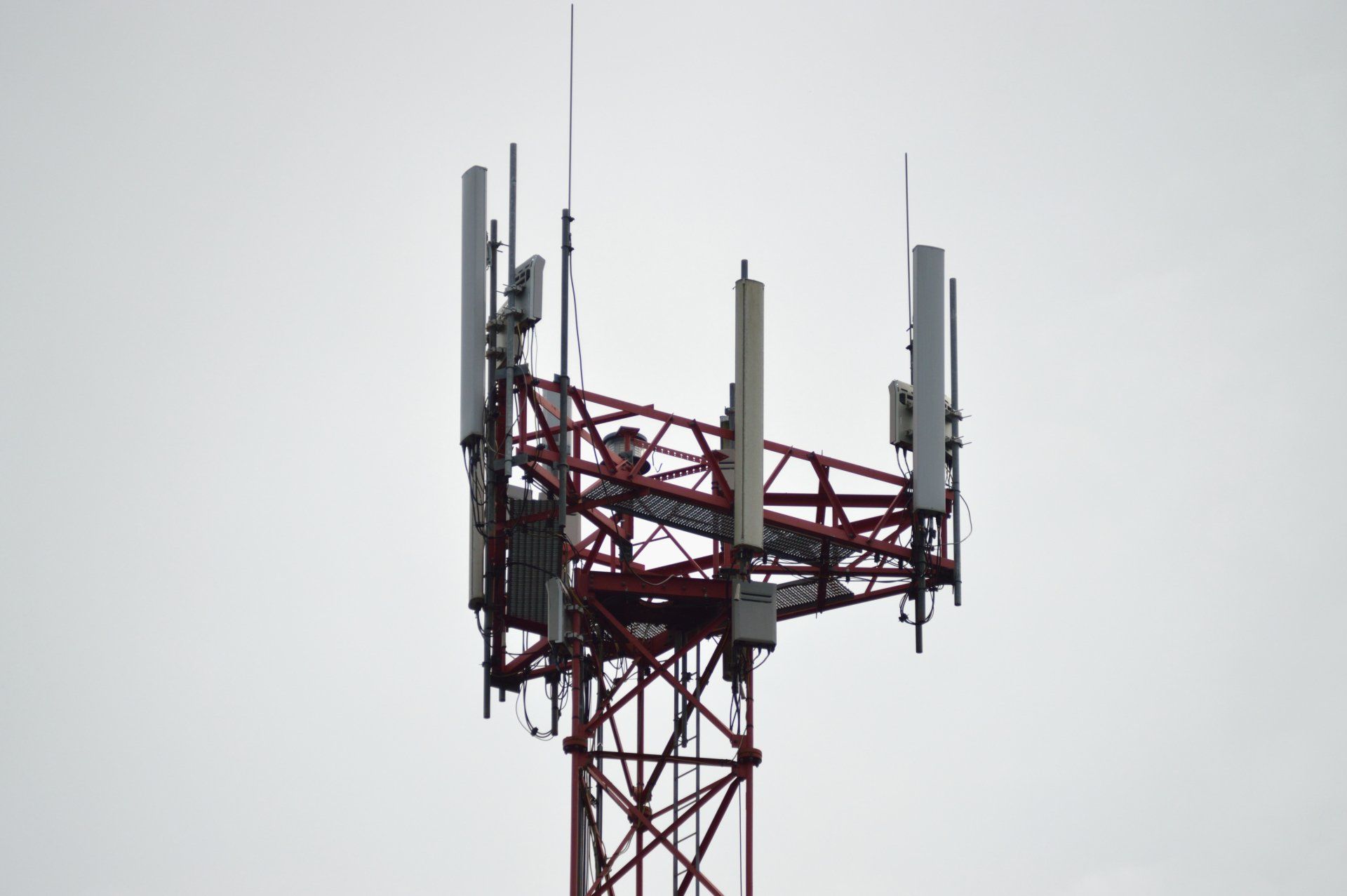CARES Act Guidelines Require 75% of Funds to be Allocated Toward Public Health

Through the Coronavirus Relief Fund, the CARES Act provides financial assistance for state and local municipalities to navigate the impact of the COVID-19 outbreak.
The Texas Division of Emergency Management (TDEM) and the U.S. Treasury have outlined what the CRF can be used for. Below is a consolidated and summarized version of their guidance and some examples and recommendations on how the funds can be used.
The CARES Act requires that funds only be used to cover expenses that
- are necessary expenditures incurred due to the public health emergency with respect to COVID-19
- were not accounted for in the budget most recently approved as of March 27, 2020
- were not incurred during the period that begins on March 1, 2020, and ends on December 30, 2020
75% of those funds must be spent in one of the following 3 areas
- Medical expenses such as
- COVID-19 related expenses of public hospitals, clinics, and similar facilities.
- Expenses of establishing temporary public medical facilities and other measures to increase COVID-19 treatment capacity, including related construction costs.
- Costs of providing COVID-19 testing, including serological testing.
- Emergency medical response expenses, including emergency medical transportation, related to COVID-19.
- Expenses for establishing and operating public telemedicine capabilities for COVID-19 related treatment.
- Public health expenses such as
- Expenses for communication and enforcement by State, territorial, local, and Tribal governments of public health orders related to COVID-19.
- Expenses for acquisition and distribution of medical and protective supplies, including sanitizing products and personal protective equipment, for medical personnel, police officers, social workers, child protection services, and child welfare officers, direct service providers for older adults and individuals with disabilities in community settings, and other public health or safety workers in connection with the COVID-19 public health emergency.
- Expenses for disinfection of public areas and other facilities, e.g., nursing homes, in response to the COVID-19 public health emergency.
- Expenses for technical assistance to local authorities or other entities to mitigate COVID-19-related threats to public health and safety.
- Expenses for public safety measures undertaken in response to COVID-19.
- Expenses for quarantining individuals.
- Payroll expenses for public safety, public health, health care, human service, and similar employees whose services are affected by COVID-19.
Our Regional Disaster Recovery Coordinator has outlined ideas for municipalities to consider when distributing funds.
- Funds may be used to pay employees' salaries and benefits if those employees are in public safety/public health.
- Funds may be used to increase solid waste capacity due to the increase in PPE waste.
- Funds may be used to help a manufacturer re-tool to produce PPE.
- Funds may be transferred to another unit of government, such as a school district, to help them deal with the public health emergency to purchase PPE and other supplies for student and staff.
- Use funds to establish telemedicine services for employees and/or citizens, especially for COVID-19 related treatments.
- Replacement, repairs, or retrofit of emergency medical vehicles for reliable use and safe transportation of individuals who may have COVID-19.
- Purchase of additional office supplies to allow for each employee to have their own. This will further prevent the spread of COVID-19 through shared-use office supplies.
Contact Our Regional Disaster Economic Recovery Coordinator, Daniel Seguin, at (903) 218-6471.
